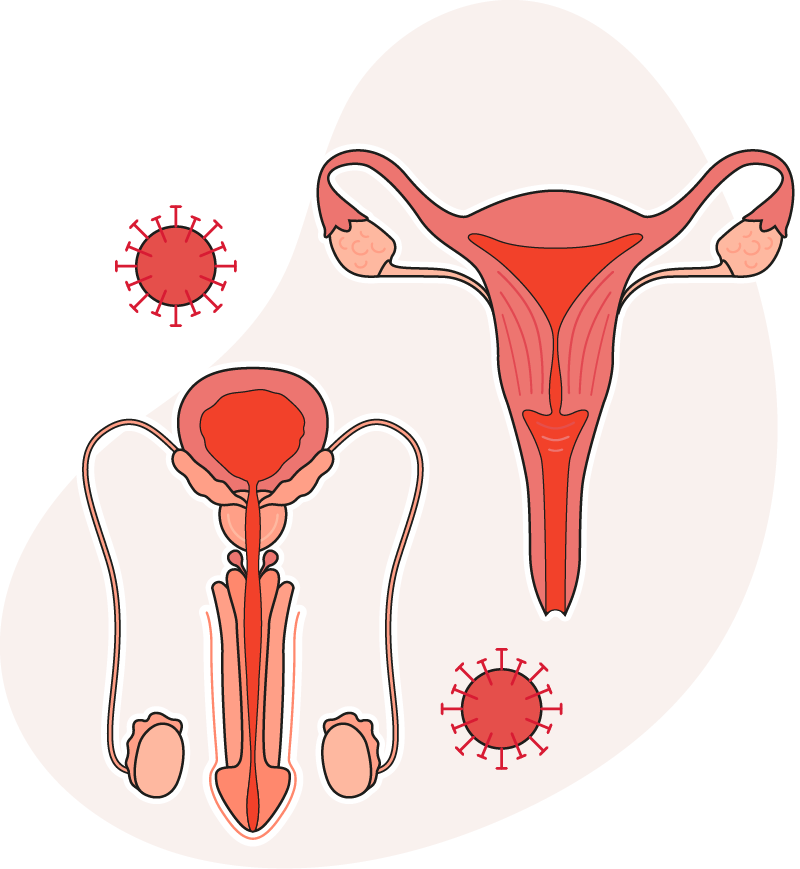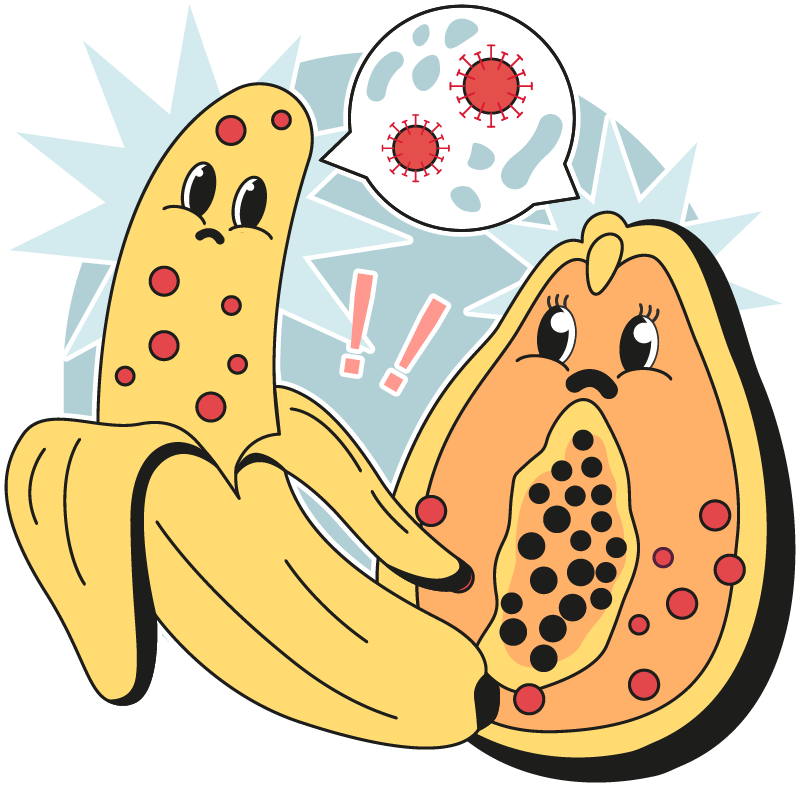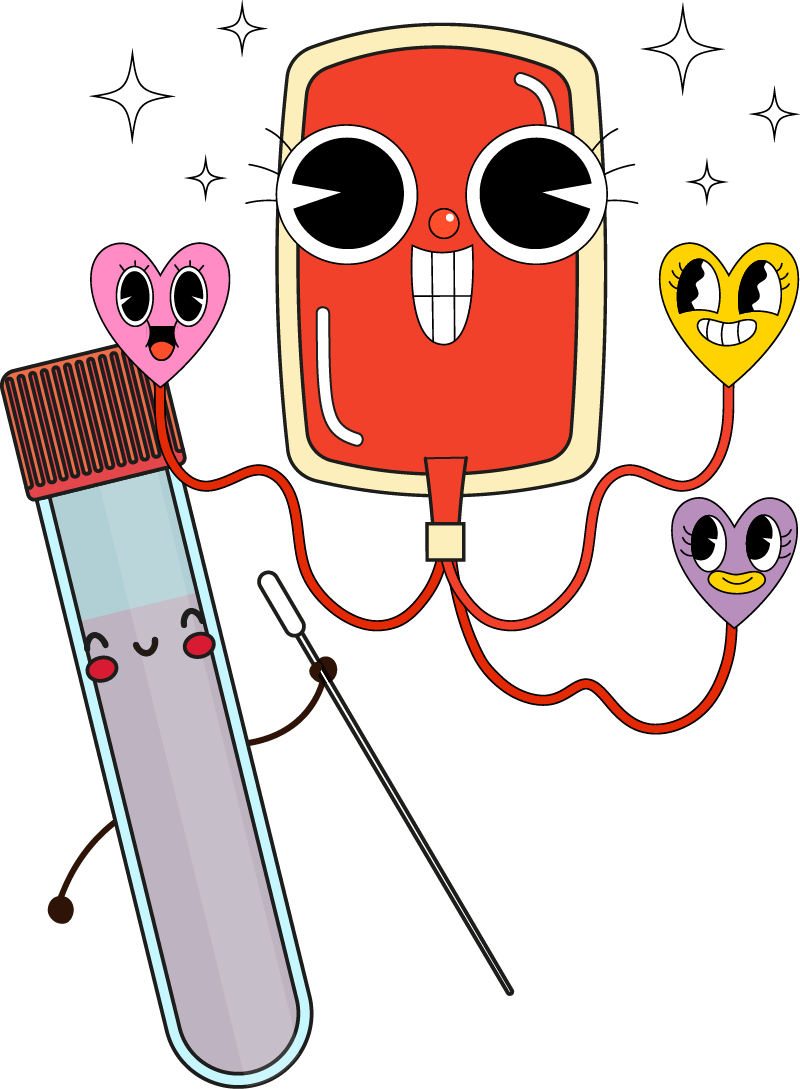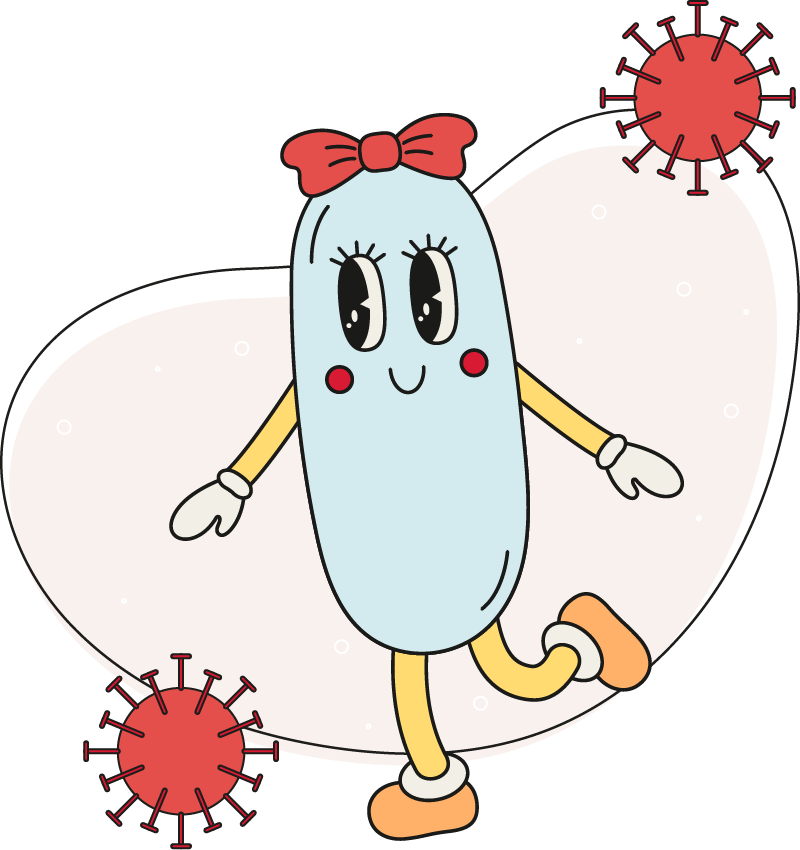HIV

Symptoms
After these symptoms go away, HIV may not cause any other symptoms so people are unaware that they carry the virus.
HIV can be
passed on
through:
• Sharing needles, syringes or other injecting equipment.
• Transmission from mother to baby during pregnancy, birth or breastfeeding.
HIV is found in the body fluids of an infected person. This includes semen, vaginal and anal fluids, blood and breast milk.

It cannot be transmitted through sweat, urine or saliva.

Getting checked
for HIV
It’s important to know that an early diagnosis hugely improves the chance of controlling the virus, and greatly reduced the risk of you becoming unwell or passing on the virus to others.
Home testing kit information: postal testing can be requested online at https://lincolnshiresexualhealth.nhs.uk or Telephone 01522 309309
Treatment
There is currently no cure for HIV but there is PrEP.
If you think there is a chance that you may have been exposed to HIV, post-exposure prophylaxis (PEP) medicine may stop you becoming infected and must be taken within 72 hours of being in contact with the virus.
You can to talk to your GP, school nurse or pastoral officer if you cannot access the sexual health service or go into a pharmacy for advice.

